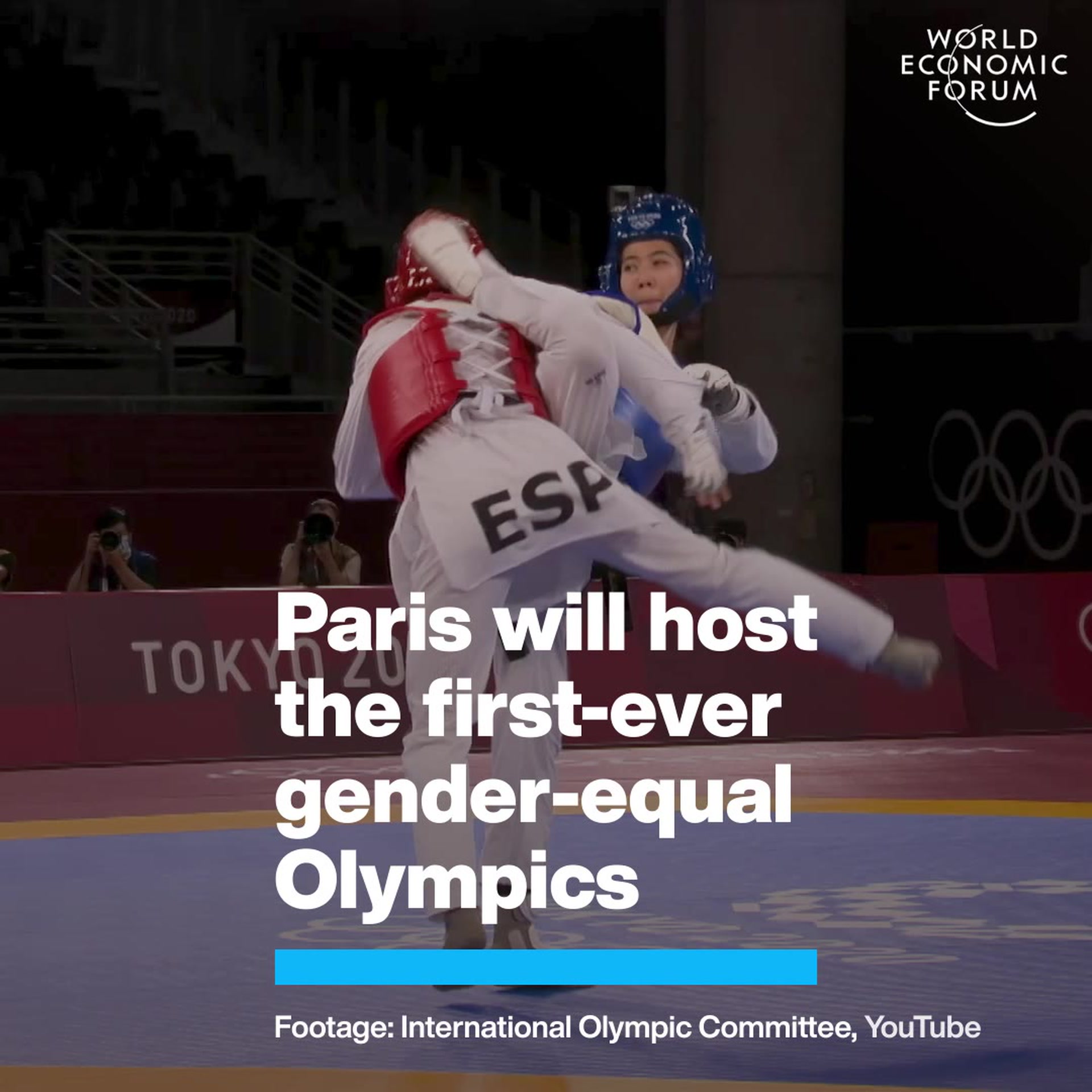This UK scheme wants girls to fill their social media feeds with positive role models

Disrupting the feed ... a new project aims to give girls' social media a makeover. Image: REUTERS/Phil Noble

Get involved with our crowdsourced digital platform to deliver impact at scale
Stay up to date:
Media, Entertainment and Sport
What do Ariana Grande, Selena Gomez, Kim Kardashian, Kylie Jenner and Beyoncé all have in common?
Well, aside from fame, wealth, and a glittering lifestyle, they have among the biggest Instagram followings on the planet.
Together, they appear in many millions of social media feeds a day. But the impact following a limited range of people can have on young people’s health and wellbeing is a growing cause of concern.
The problems social media use has been linked to – from eating disorders and negative body image to anxiety and lack of self-confidence – are well documented, but research to date has largely focused on limiting exposure and online safety.
A new project soon to be rolled out to kids across the UK is aiming to change that.

Schools are being shown a study for which teenage girls were asked to follow at least four inspirational women. Some of them were famous, like lawyer, writer and former first lady Michelle Obama, climate change activist Greta Thunberg, and tennis star Serena Williams. Others were less well-known, doing inspirational work in science, engineering or the arts.
Those participating in the study, Disrupting the Feed, overwhelmingly said their self-esteem had improved and their horizons expanded, setting themselves – and achieving – higher goals.
What's the World Economic Forum doing about the gender gap?
A more diverse feed
The study cites research into 2 million teenage social media accounts by data science company Starcount that found most girls limited their social media interests to beauty, fashion, and reality TV. Boys, meanwhile, had an average of 12 different interests.
By following new and inspiring people, teenagers can set their digital footprints on a new path, with social media algorithms showing a more diverse feed as a result.
Introducing more positive role models into teenage girls’ feeds resulted in more positive actions in the offline world, with girls having higher and more focused personal and career aspirations. But it also prompted more positive interactions with social media overall. Girls in the study chose to adopt healthier practices such as taking breaks from social media and rethinking who they followed, and removing those who had a negative impact on their self-esteem.
So, who do I follow?
Here are some of the positive role models suggested by the Female Lead, the charitable organization behind the study.
Callie Thorpe celebrates women’s bodies in all shapes and sizes. She promotes a positive attitude and acceptance and tries to help others overcome their insecurities.

Jess Megan also promotes body confidence and has worked as an ambassador for organizations such as breast cancer charity CoppaFeel to help normalize women’s bodies of all kinds.

Sophie Radcliffe is an endurance athlete and fitness blogger, who encourages young people to be active. She set up TrailBlazers, an initiative which aims to empower and build confidence in young girls.

Katherine Grainger is the most decorated female British Olympian of all time, and the chair of government Olympic and Paralympic investment agency UK Sport.

Kimberley Wilson is a chartered psychologist specializing in a “whole body” approach to mental health. She writes about the impact of eating well and lifestyle on mental wellbeing.

Stemettes says it wants to inspire the next generation of girls to get involved in STEM subjects, showing them that “girls do science, technology and maths too”.

For other suggestions of who to follow, click here.
Don't miss any update on this topic
Create a free account and access your personalized content collection with our latest publications and analyses.
License and Republishing
World Economic Forum articles may be republished in accordance with the Creative Commons Attribution-NonCommercial-NoDerivatives 4.0 International Public License, and in accordance with our Terms of Use.
The views expressed in this article are those of the author alone and not the World Economic Forum.
The Agenda Weekly
A weekly update of the most important issues driving the global agenda
You can unsubscribe at any time using the link in our emails. For more details, review our privacy policy.
More on Media, Entertainment and SportSee all
Victoria Masterson
April 5, 2024
Jesus Serrano
March 7, 2024
John Letzing
March 5, 2024
Spencer Feingold
March 4, 2024






